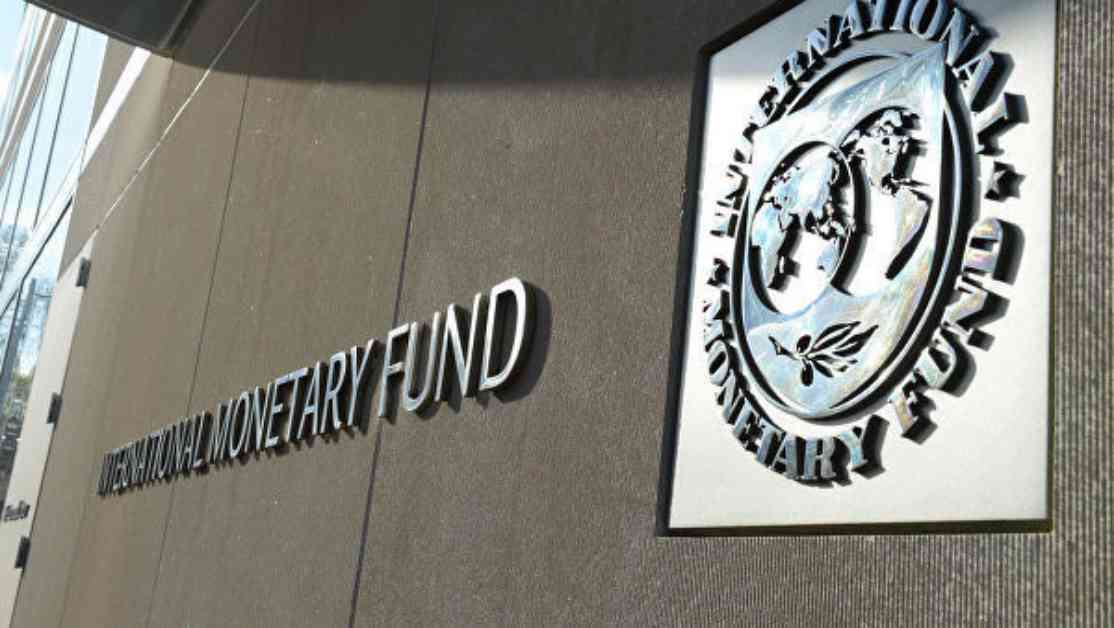The International Monetary Fund (IMF) has recently predicted that the global economic growth for the year 2029 will be the slowest it has been in decades. This forecast comes as a result of various factors that are impacting economies around the world.
One of the main reasons for this slowdown in economic growth is the ongoing global trade tensions. Countries engaging in trade wars and imposing tariffs on one another have led to a decrease in international trade, which has had a negative impact on economic growth overall. In addition, uncertainties surrounding Brexit and other geopolitical issues have also contributed to the IMF’s forecast of slower growth.
Furthermore, the IMF points out that the aging population in many developed countries is putting a strain on their economies. With fewer people in the workforce and more retirees drawing on social services, these countries are facing challenges in sustaining economic growth.
On a more positive note, some emerging markets are still expected to experience relatively strong growth in 2029. Countries in Africa and Asia, for example, are projected to see higher rates of economic expansion compared to their counterparts in Europe and North America. However, even these regions are not immune to the global economic slowdown, as they too are affected by factors such as trade tensions and geopolitical uncertainties.
In order to address these challenges and boost economic growth, the IMF emphasizes the importance of countries working together to resolve trade disputes and reduce barriers to international commerce. By promoting a more open and interconnected global economy, countries can create opportunities for growth and development that benefit everyone.
Overall, while the IMF’s forecast for global economic growth in 2029 may be concerning, it also serves as a reminder of the need for cooperation and collaboration on the international stage. By addressing the root causes of economic slowdown and working together towards common goals, countries can overcome these challenges and build a more sustainable and prosperous future for all.

